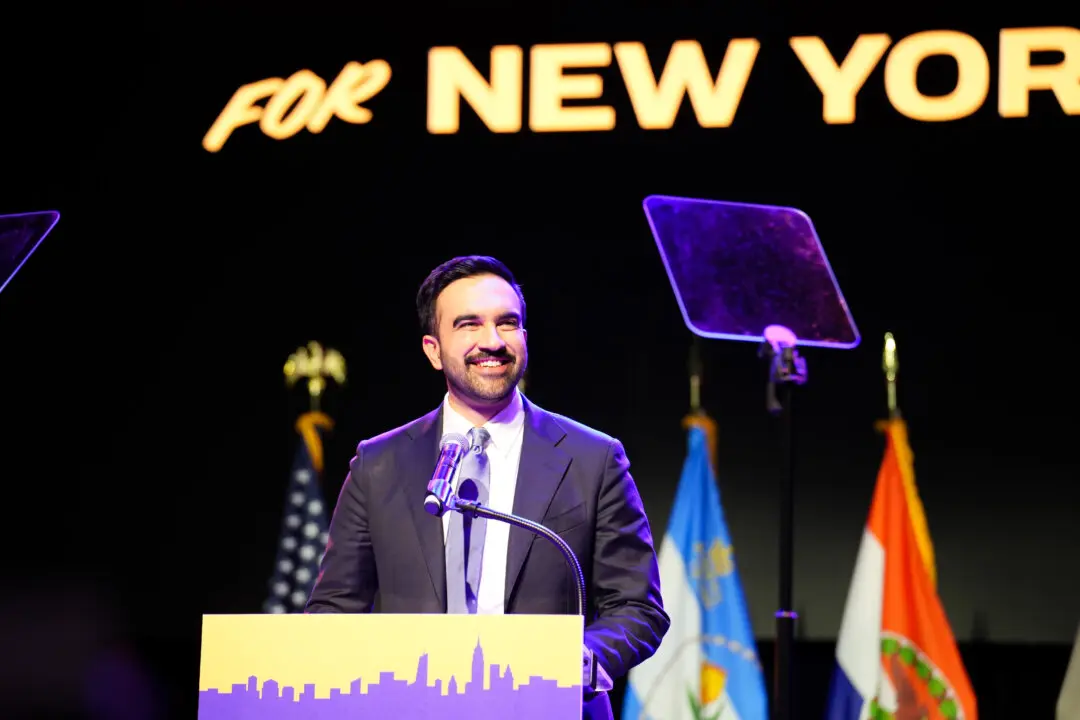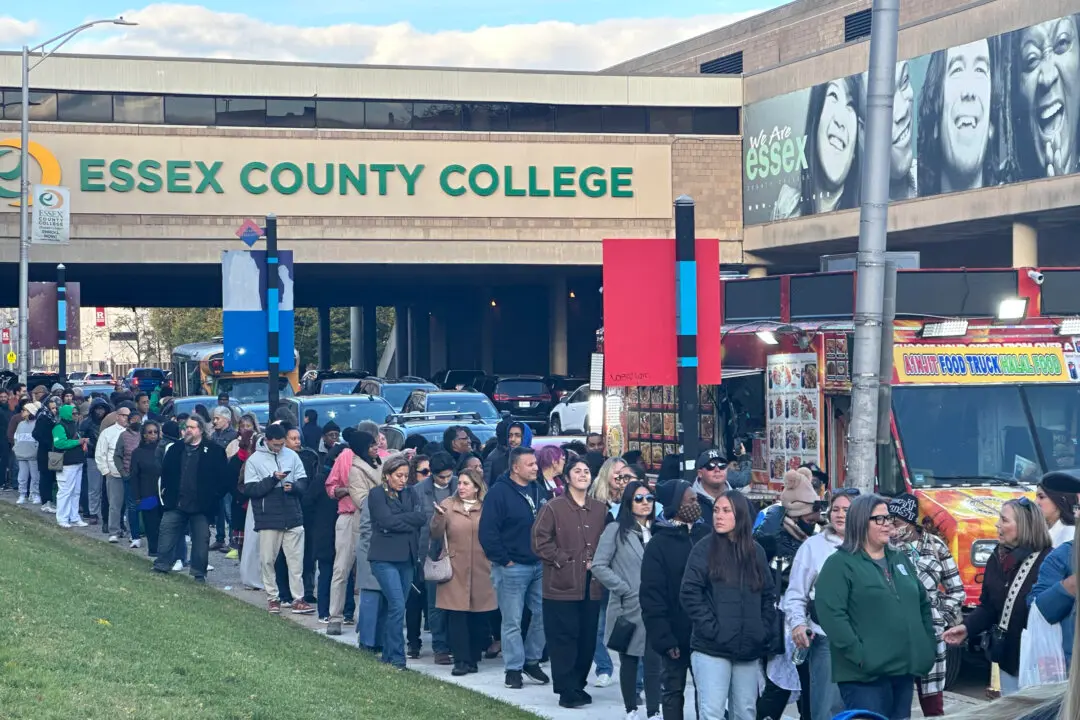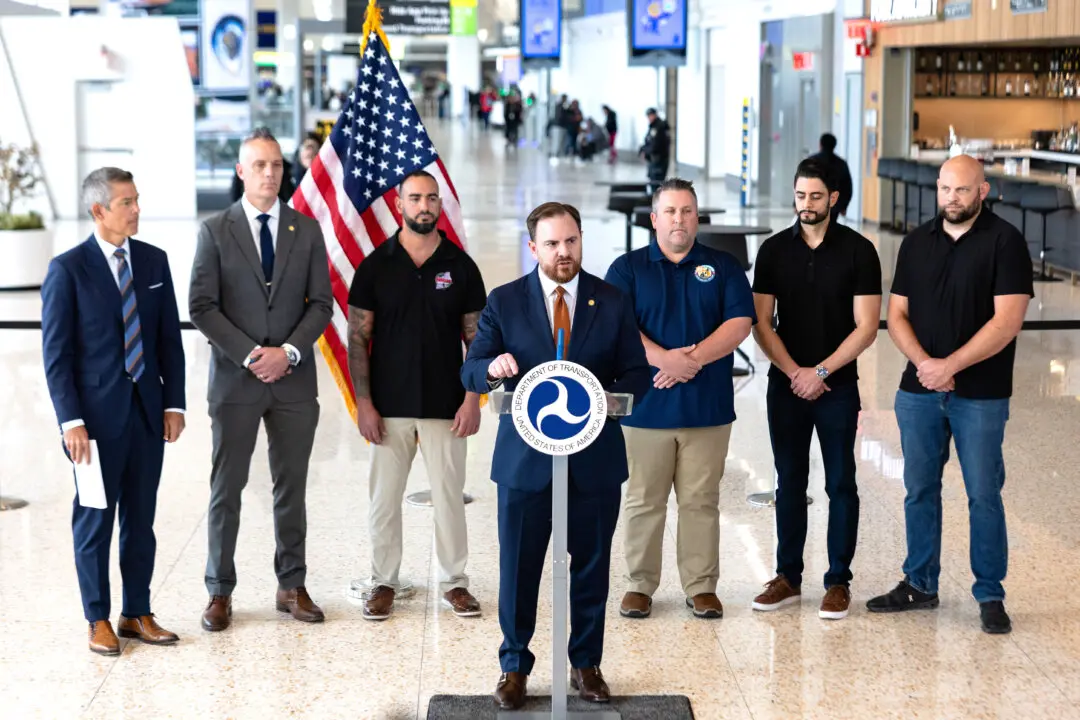Legislation that would limit a parent’s rights when it comes to their child’s immunizations and sexual reproductive health is under consideration by the New York state Assembly.
Assembly Bill 9963 would authorize treatment without parental knowledge or consent if a medical provider believes the child understands the repercussions.





